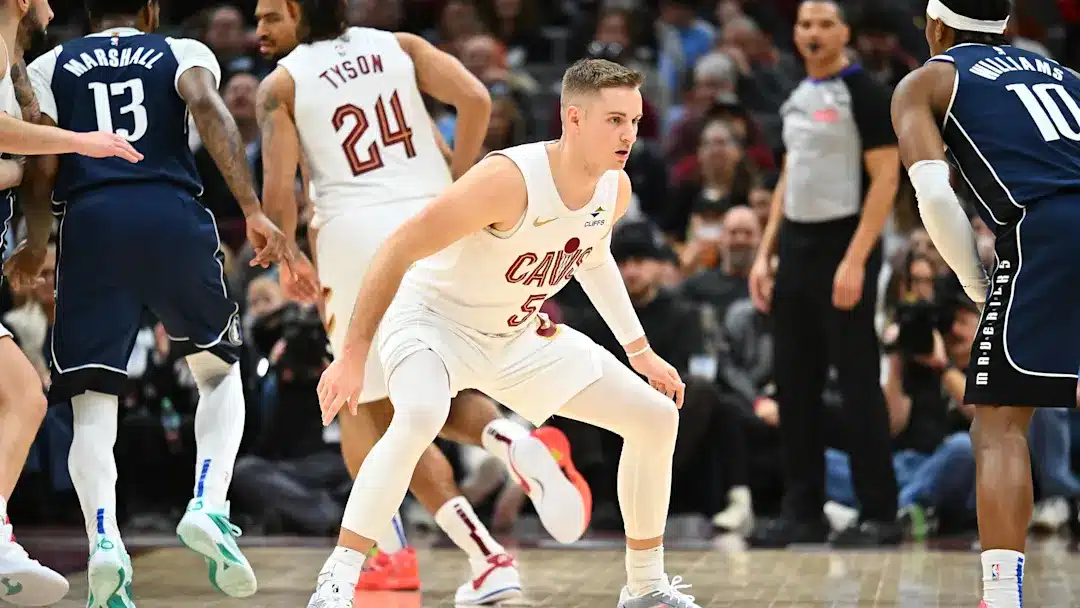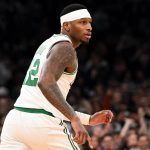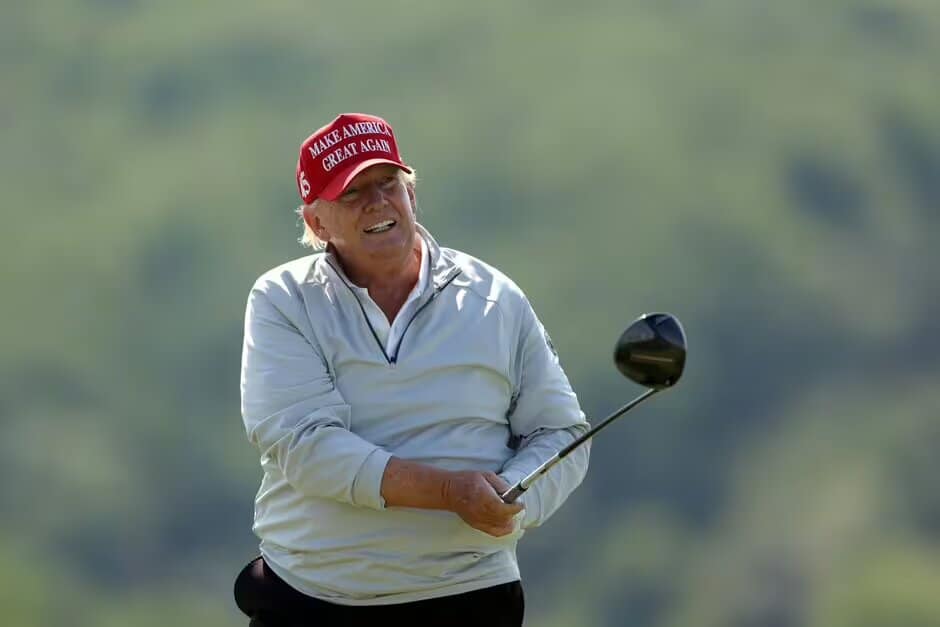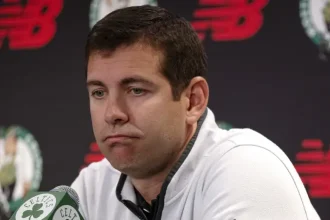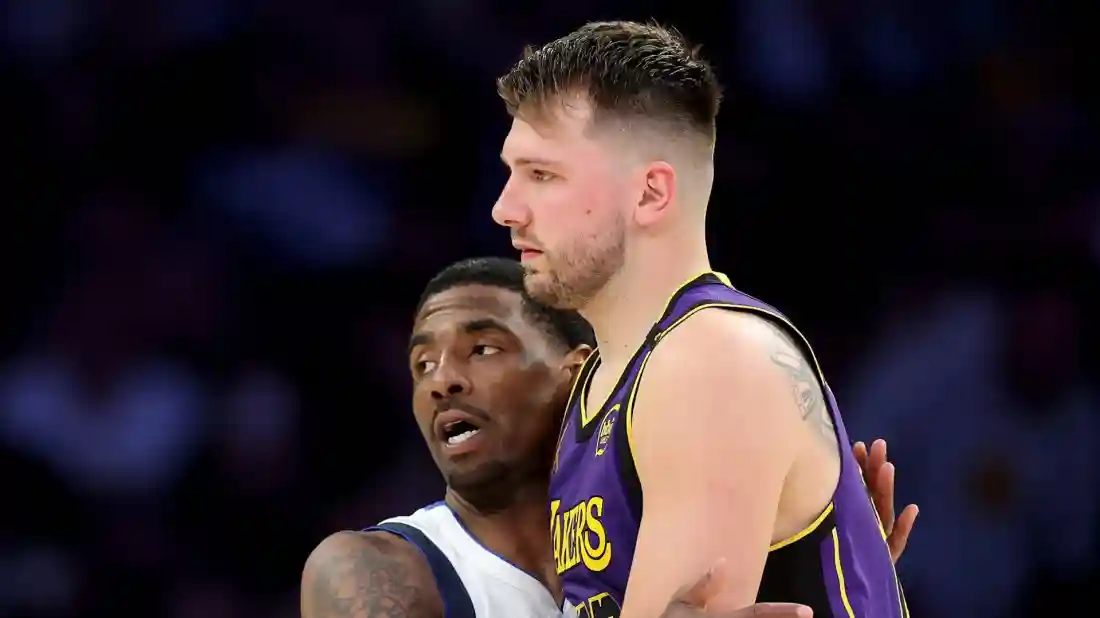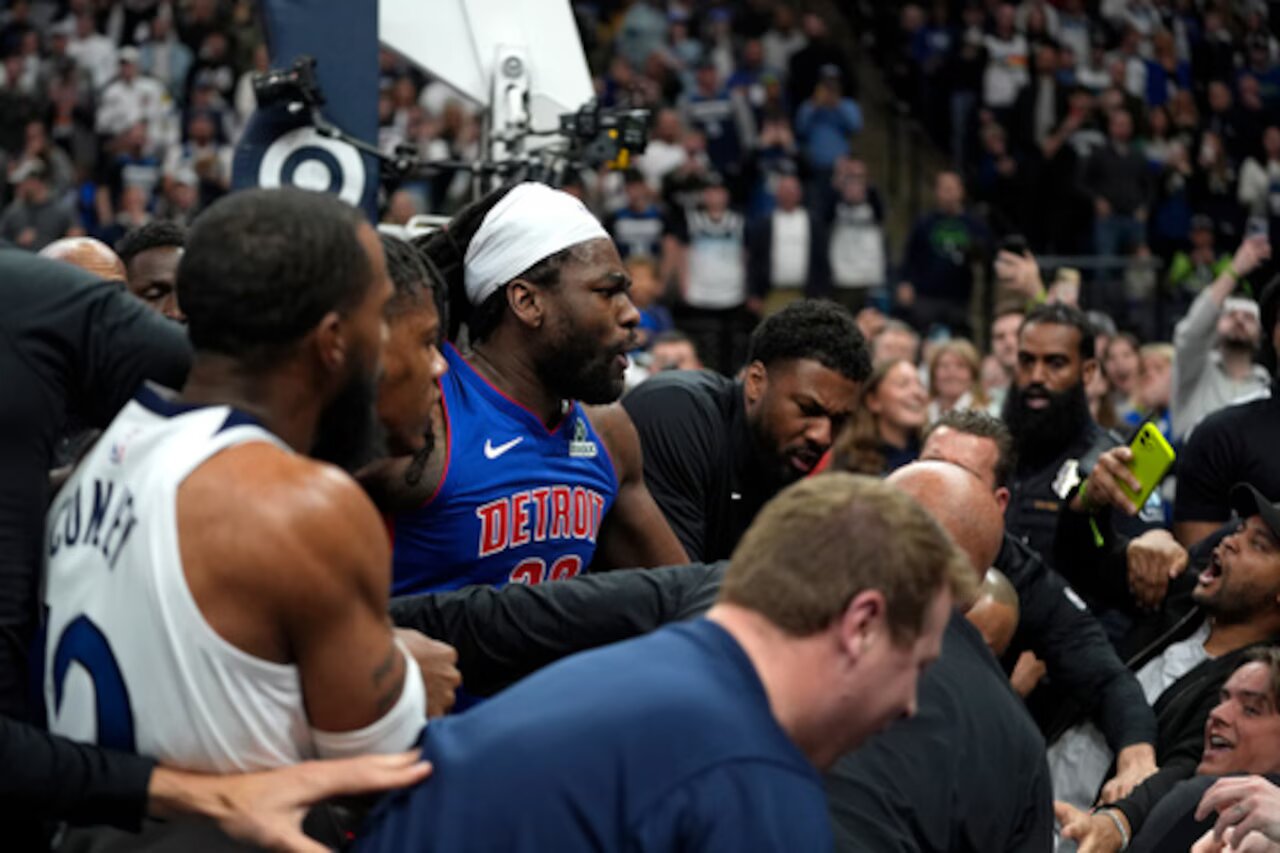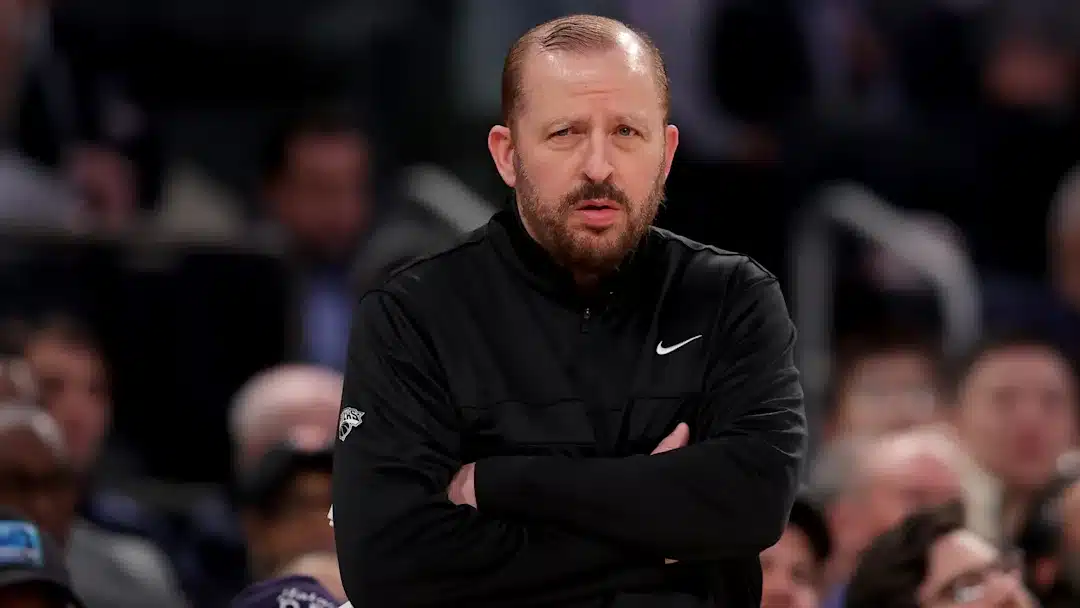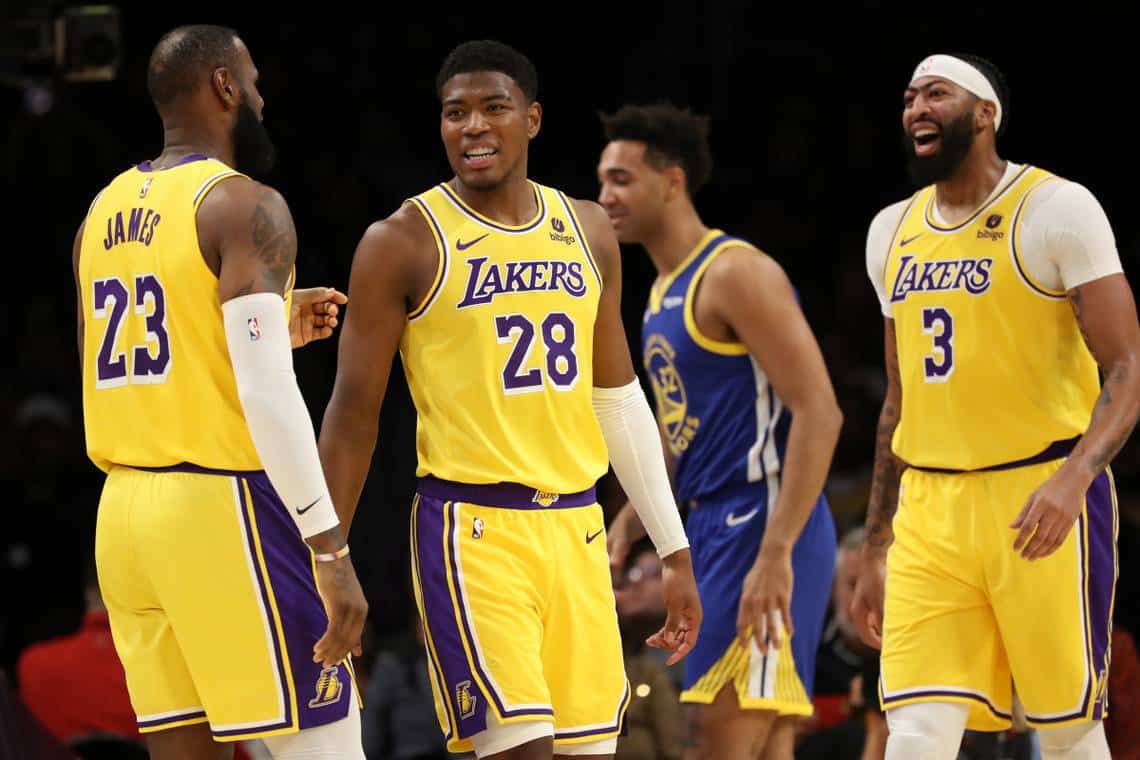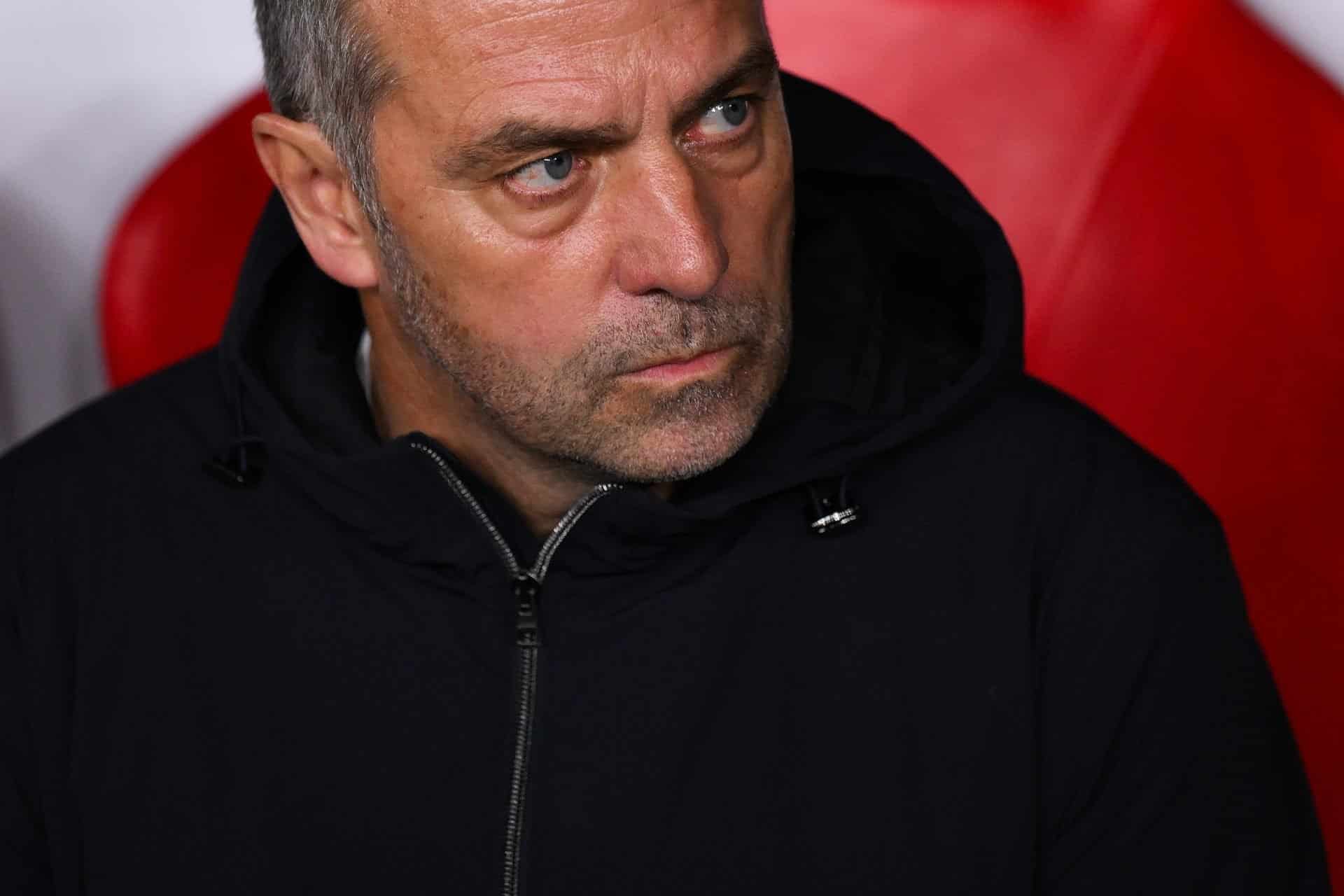The All-Star Weekend is behind us, and on Thursday night, the Cleveland Cavaliers will resume their season. With a dominant 44-10 record, they sit atop the Eastern Conference and are tied with the Oklahoma City Thunder for the best record in the league.
That puts them in an excellent position heading into the final stretch. The Cavaliers are on pace for 67 wins, which would surpass the franchise record of 66 set by the 2008-09 squad. However, more than chasing wins, their focus will be on fine-tuning for the playoffs.
That means striking the right balance—staying fresh without getting rusty and fully integrating De’Andre Hunter into the team’s system. Head coach Kenny Atkinson will also have to make tough decisions on the playoff rotation.
Up to this point, the Cavaliers haven’t had to make difficult cuts to the rotation, mainly due to ongoing injuries. But as players return to full health, Atkinson can manage a larger regular-season rotation to keep minutes in check. Come playoff time, though, some players will inevitably be left out.
The team’s four stars are obvious playoff locks, as is newcomer De’Andre Hunter. Whether he starts at the 3 or comes off the bench, Max Strus is a given, providing two-way impact that fits seamlessly into the system. Ty Jerome, enjoying a fantastic season as the primary backup to both Darius Garland and Donovan Mitchell, is also secure in his role.
Dean Wade, if healthy, is another clear rotation piece. His positional versatility has been invaluable, allowing Atkinson to experiment with different lineups, including Wade as a small-ball center.
That brings the number of rotation locks to eight. Running a 10-man rotation in the playoffs is already difficult; 11 is nearly impossible. That means, of the 11 players who have been part of the regular rotation, at least one or two will be on the outside looking in. And unfortunately for Craig Porter Jr., despite deserving a spot, he plays the team’s deepest position and may only see minutes if injuries occur.
With 28 games left in the regular season, the question now is: Which Cavaliers need to prove they belong in the playoff rotation?
No. 3: Sam Merrill
Not long ago, the Cleveland Cavaliers heavily relied on Sam Merrill’s movement shooting—so much so that last season, he was a key part of the rotation to help space the floor around their two non-shooting bigs. This year, however, the additions of Ty Jerome and De’Andre Hunter have provided enough high-volume shooting that Merrill’s role has diminished.
That doesn’t mean he isn’t valuable. His ability to shoot off movement remains a unique asset on this roster. To his credit, he has also improved defensively and isn’t the liability that other pure movement shooters like Seth Curry or Luke Kennard can be.
The Cavaliers have been the league’s best three-point shooting team this season, and Merrill has played a role in that success. While his shooting percentage has dipped below his career averages, if he can regain his form and shoot above 40% down the stretch, he may force Kenny Atkinson’s hand to keep him in the playoff rotation.
No. 2: Jaylon Tyson
With multiple injuries at wing and forward, along with the 2-for-1 trade of Caris LeVert and Georges Niang for De’Andre Hunter, rookie Jaylon Tyson has earned a spot in the regular rotation.
While he still has room to grow in decision-making and composure, his physical tools make him a high-upside defender, and his scoring and playmaking abilities are underrated. The Cavaliers have hardly skipped a beat with him filling in for Dean Wade, Isaac Okoro, or Niang.
Tyson is the most likely candidate to be cut from the playoff rotation, but depending on matchups, his size could make him an intriguing option. If he continues developing and proves he’s ready for high-level defensive assignments, he could carve out a small role. More realistically, a strong finish to the season cements him as the next man up if Wade or Hunter are unavailable.
No. 1: Isaac Okoro
It would be surprising if longtime Cavalier Isaac Okoro wasn’t part of the playoff rotation when healthy. Of the fringe players, he’s the most likely to make it. However, Cleveland’s depth this season means they’re not entirely dependent on his skill set.
With Dean Wade and De’Andre Hunter providing strong wing defense and Max Strus capable of guarding opposing guards, the Cavs have other defensive options—some with better shooting and offensive versatility.
That said, no one on the roster is as well-equipped as Okoro to defend elite guards like Jalen Brunson, Tyrese Haliburton, or Damian Lillard in the postseason. The team’s improved offense makes it easier to carry a lower-usage player like Okoro, especially since he’s refined his shooting and contributes as a cutter and in transition.
His first priority is getting healthy, but if he can lock down scorers and maintain his shooting efficiency, he has a strong chance to secure his spot in the playoff rotation.
28 games left. Then, the real test begins.

